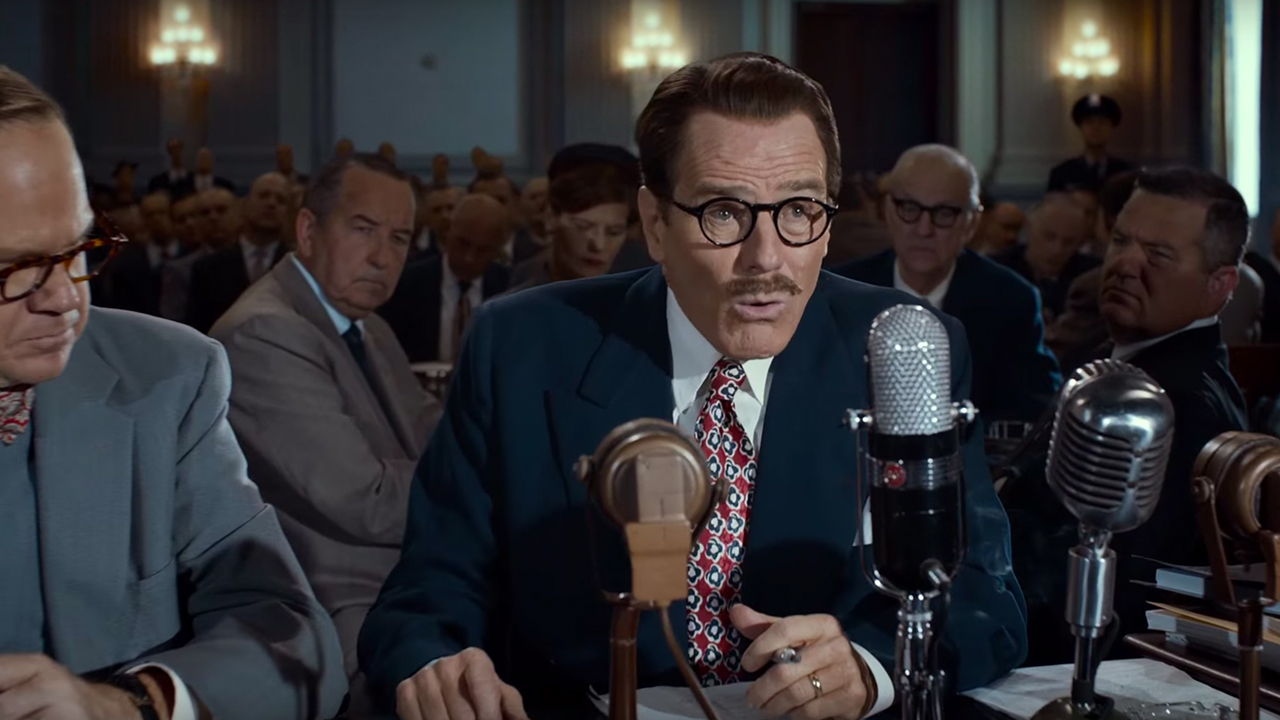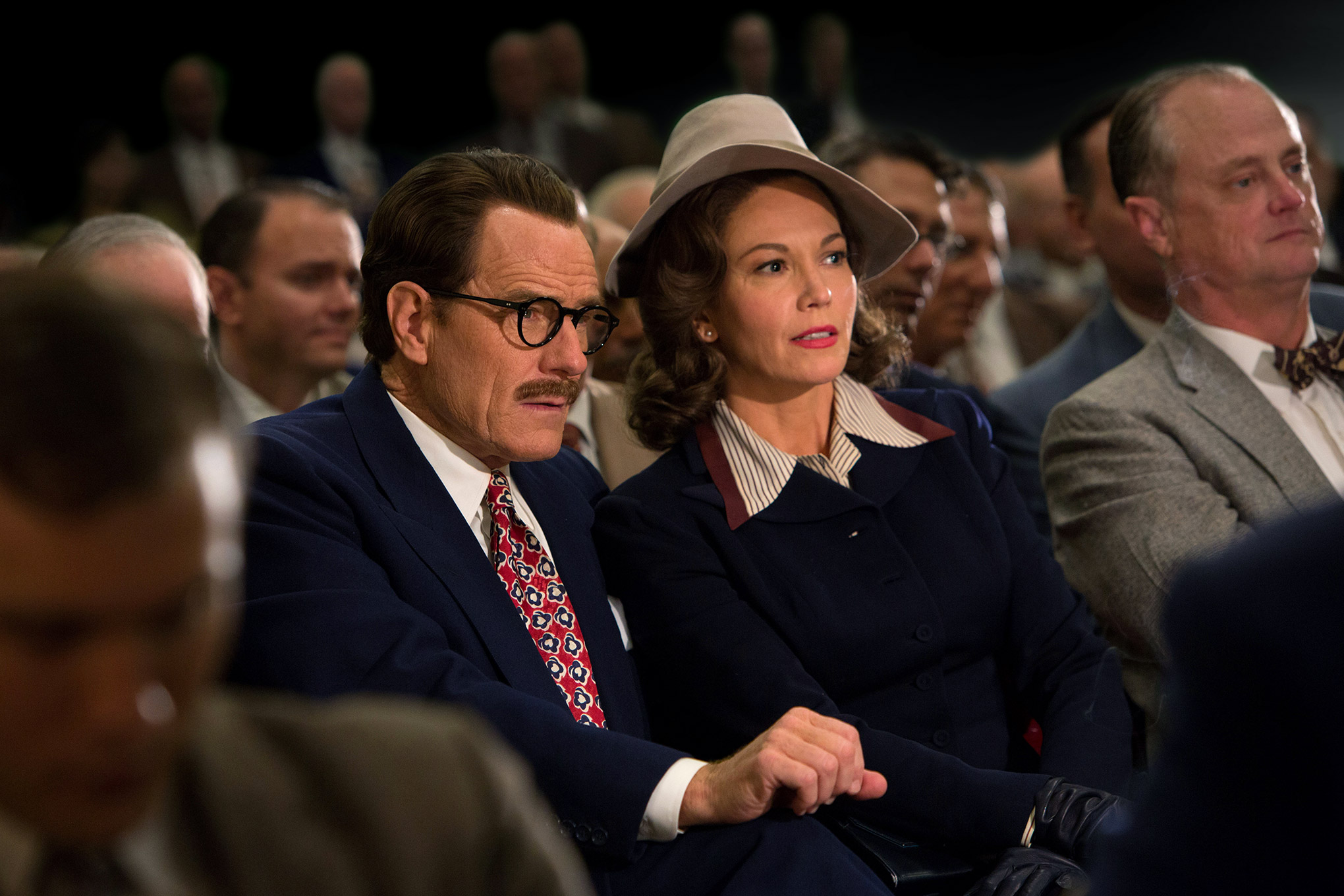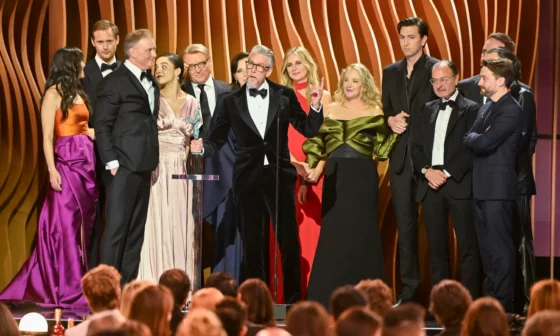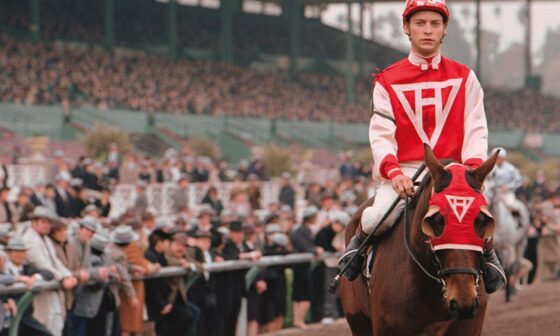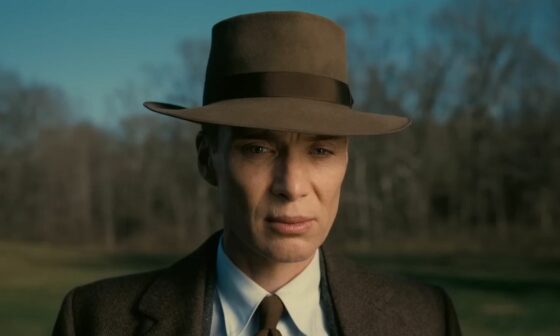From a speedy glance, Trumbo appears to tick all the criteria of an Oscar-bait Best Picture contender. You only need to look at the winners of the last five years (The Artist, Argo and Birdman) to spot the trend that Hollywood moguls love a film that’s all about Hollywood. Throw in a stellar cast that includes Bryan Cranston, Helen Mirren and Louis C. K. and you have a film that pundits would label as an awards-season-shoo-in.
However unlike Dalton Trumbo’s work that attracted unintentional recognition from the Academy whilst he was a blacklisted screenwriter, Jay Roach’s biopic wreaks of ooey-gooey Hollywood sentiment that feels like its desperately seeking validation – but not earning it.
Apart from a potential nod for Cranston as the titular character, it’s unlikely that Trumbo will leave a lasting impression on critics, theatre-goers or the Academy for that matter. It’s merely a pleasant yarn rather than an excavation of one of Hollywood’s darkest periods – a sadly missed opportunity.
The majority of the film takes place during the 1940 and 1950’s – the time when Communism was at the front of the debate-topics. Dalton Trumbo joined the Communist party during 1943 and was one of the members of the Hollywood 10 that refused to testify to the House Un-American Activities Committee (HUAC).
Accused of “conspiring to corrupt democratic values” with the movies they wrote, produced and directed, they were sent to prison for a year for contempt and subverting American influence. Upon his release in 1951, Trumbo was blacklisted yet assimilated back into the industry by composing scripts and letting his friends take the credit for his work or writing under a pseudonym.
There was real potential to smear some dirt over the squeaky-clean image that Hollywood likes to present itself as but John McNamara’s sugar-coated script, coupled with Roach’s (Meet the Parents, Austin Powers) penchant for comedy, turns the content into a more farcical story and leaves Hollywood as intact and untouched as ever.
The most salvageable element of this picture is Cranston, as he really gets to sink his teeth into the vocabulary of the moralistic and articulate Trumbo. In credit to McNamara, the script does allow Cranston to play fast and loose with an extremely well-spoken character. However, Cranston’s trademark versatility is absent, as his character plays out more like a cartoon at points rather than a man of unfair circumstances.
The moments where the film tries to strike an emotional chord such as the scenes between Dalton and his wife Cleo (Diane Lane) fall rather flat. There is no real sense of hardship between them – merely run-of-the-mill marital disputes.
There is a strong supporting cast with John Goodman putting in a memorable performance as the money-grabbing producer Frank King who greenlit many of Trumbo’s scripts during the blacklisted period.
Helen Mirren also makes the most of her limited screen time playing the delightfully ghastly celebrity columnist Hedda Hopper, who played a part in naming-and-shaming those of the Hollywood 10.
Both Director Roach and Cranston pay great tribute to Trumbo but the troubling details of his grimmest chapters are more glossy than grubby. Much like the scene in which Kirk Douglas (Dean O’Gorman) says to Trumbo about the Spartacus script, “there’s a good story in there somewhere” – but Roach fails to find it in his own imagining. It all feels a bit safe.
#Peace.Love.Trumbo


